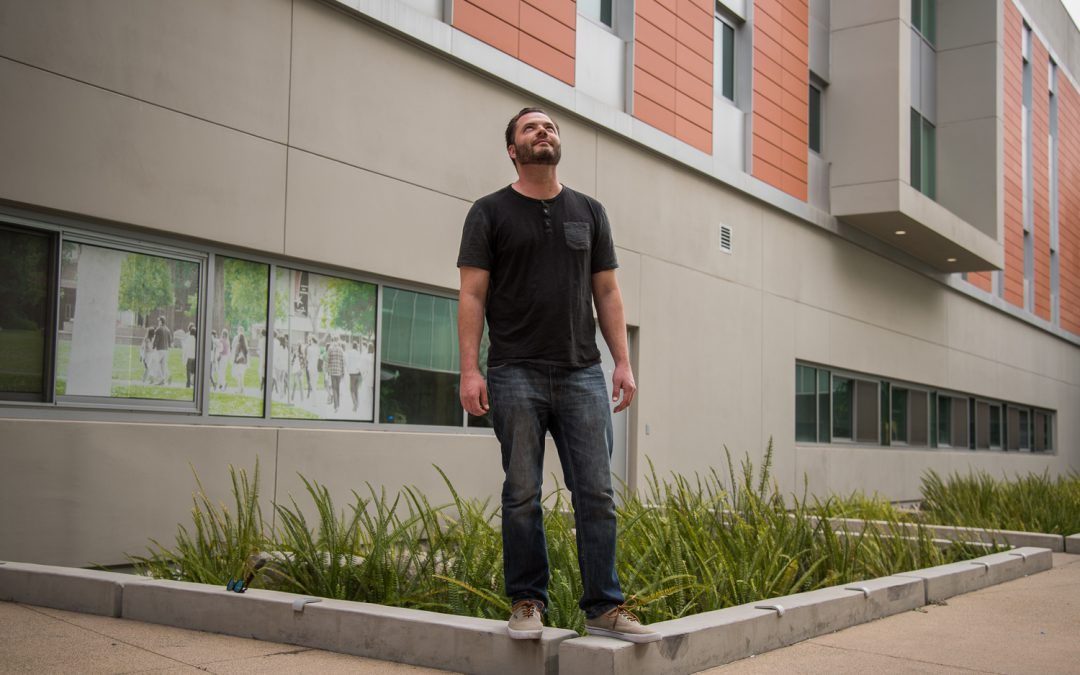Palomar’s Transitions Program, serving formerly incarcerated students, celebrates the success of its first summer session to be held entirely online.
SAN MARCOS — On Friday, Aug. 14, more than a dozen students around San Diego County will open their computers and log into a unique celebration, held on Zoom, to mark the completion of the first Transitions summer session provided over the internet.
Transitions is Palomar’s “Corrections to College” program that helps previously incarcerated individuals adjust to a college campus and successfully begin or resume their higher education. The summer sessions serve as an orientation to the program and include tutoring, weekly team building activities, guest speakers and various other forms of support.
At 2 p.m. on Aug. 12, the 2020 summer Transitions graduates—15 in all—will gather online once again for their completion ceremony. Palomar College Interim Superintendent/President Dr. Jack Kahn will be on hand to welcome students to the larger Palomar community, and the keynote speaker will be Dr. Xuan Santos, a sociology professor at Cal State San Marcos.
“This completion ceremony represents a lot of dedication, from students, faculty and staff, to fulfill the mission of the Transitions program even without being able to meet face-to-face,” said Dr. Kahn. “These students are off to a great start with a success already achieved this summer.”
Moving the program online, said Palomar College Transitions Coordinator Nora Kenney-Whitley, “has been no small feat.”
“Transitions operates on a cohort model, so in prior summers, the students would go to school every morning for big chunks of time,” said Kenney-Whitley. “They would see each other and form these relationships based on being together in the classroom. This time, they didn’t have that.”
Further complicating matters was the question of technology, which has been virtually unavoidable during the COVID-19 health crisis: “We had a student who was released in April, amidst the pandemic, after being incarcerated since he was 17, not having had any experience with technology in eight years. These students are pretty amazing—that they figured out how to navigate this environment in addition to having a full load of coursework.”
Kenney-Whitley said the Palomar College Foundation played a key role in transitioning the Transitions program to a remote-learning environment, providing free laptop computers for the students in the program.
One upshot of the new arrangement was that “location didn’t matter, so we had students in National City, Chula Vista and San Diego. The laptops were key.”
As the fall semester begins, Kenney-Whitney said the Transitions program participants will continue to meet online every week, and will see a shift in student leadership as many of the previous leaders are transferring to Cal State San Marcos.

